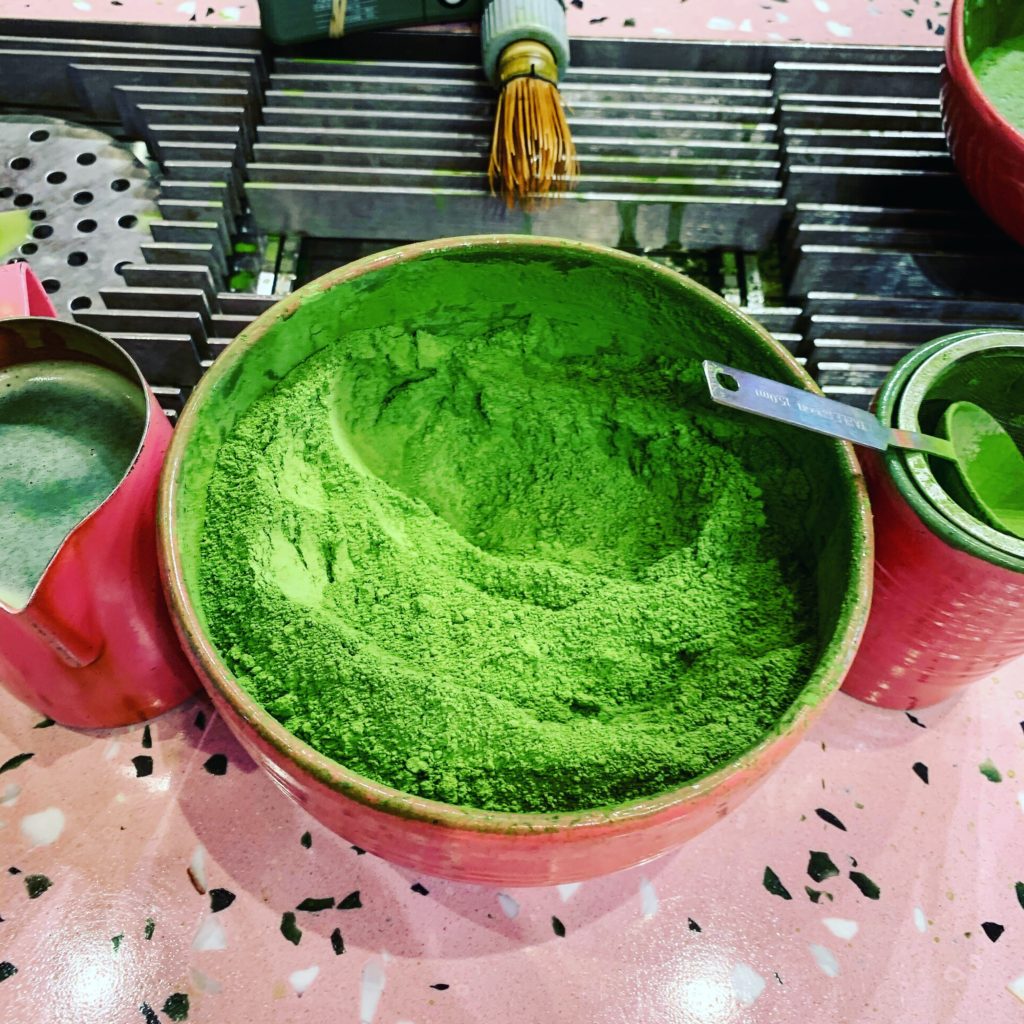How a “Green” Mediterranean Diet May Slow the Aging Process
Article at a Glance
- Researchers in Israel found that adding polyphenol-rich foods to the Mediterranean diet, such as green tea and mankai, slowed the aging process in those following this “green” Mediterranean diet.

Contents
You’ve probably heard of the Mediterranean Diet, a healthy style of eating rich in fiber, monounsaturated fat, and seafood for protein. However, if you want to get the most out of your Mediterranean diet and unlock its anti-aging benefits, it may be time to learn more about the “green” Mediterranean diet, a protocol that adds certain types of antioxidant-rich polyphenols to the equation.
Polyphenols are a type of micronutrient found in many foods of plant origin, including berries, tea, nuts, dark chocolate, and some spices.
These compounds have long been known to possess antioxidant and anti-inflammatory properties. However, gauging the direct effects of eating polyphenols on health and longevity has been challenging because polyphenol-rich foods form part of diets that are generally ‘healthy.’
It’s been hard to identify whether polyphenols cause enhanced health span or whether the cause was “clean living,” but new research adds essential context to the conversation.
In an 18-month randomized controlled trial, researchers in Israel measured whether adding polyphenols to an already healthy Mediterranean diet would slow the aging process. The study was performed in 294 adults with “abdominal obesity.”
Measuring biological age
The Israeli researchers took advantage of the so-called epigenetic clock analysis, based on studying DNA methylation in blood cells.
This analysis relies on the observation that patterns of DNA methylation across specific DNA regions correlate with age in the general population.
Analyzing DNA methylation patterns at these regions in individual people, it is then possible to tell if their biological age predicted by the epigenetic clock is lower or higher than their real chronological age.
It is also possible to determine changes in predicted biological age before and after some intervention such as changes in diet. This way, researchers can get an idea of whether an intervention “slows down” the epigenetic clock.
Mediterranean diet + polyphenols had most benefit
To determine the effects of polyphenols on biological age using the epigenetic clock, researchers split the participants randomly into three groups:
- People asked to follow general dietary guidelines;
- People asked to follow the Mediterranean diet that is rich in plant foods and fish/seafood and low in processed foods and added sugar, and finally;
- People asked to enhance their Mediterranean diet with polyphenol-rich green tea and mankai duckweed, as well as reduce their red and processed meat consumption.
Adherence to this latter diet (termed “green Mediterranean”) showed the largest slowing down of the epigenetic clock compared with the other two.
Researchers then asked what specific components of the diet gave the greatest anti-aging benefit.
To find out, they collected information from the participants on what foods they actually consumed, as well as measured the concentrations of several polyphenols in their urine. Green tea and mankai, which are both particularly rich in polyphenols, showed the strongest association with the slowing epigenetic clock.
The concentration of several polyphenols in the participants’ urine also showed a significant association with the slowing clock, confirming that this relationship was likely specific.
Digging deeper
These results point to the benefits of a polyphenol-rich diet. But do polyphenols slow down the actual aging process?
Possibly so. At the physiological level, the researchers also found the green Mediterranean diet reduces the amount of visceral fat, which is considered the more metabolically harmful type of fat tissue.
However, the epigenetic clock results aren’t easy to interpret mechanistically. This is because the epigenetic clock only shows a correlation with age; much less is known about what exactly happens in the body when the aging clock slows down.
In the polyphenol study, researchers checked the association between diet and seven types of aging clocks, finding a significant association with two of them. Studying the function of specific methylation sites that are driving these differences will help us get closer to understanding how polyphenols regulate health and longevity.
See also: DNA Diets Outperform Ketogenic Interventions for Weight Loss
Limitations of the study
One limitation of the study is that it used a cohort of people with obesity and dyslipidemia who were also predominantly male.
It will be important to validate the findings in a healthier and more gender-balanced cohort.
We also still need to learn more about polyphenol metabolism and its links with longevity and epigenetics, and the differences in biological action between their different classes. The fact that polyphenols are often metabolized by gut bacteria adds another important dimension.
Finally, the relationship between polyphenol effects and our genetic makeup also remains to be clarified. Once our understanding of polyphenol biology improves, it may be possible to give more specific recommendations on the types and amounts of polyphenols that enhance our health and longevity, which may influence how best to supplement them in the diet.
Overall, however, while some important questions remain unanswered, this study certainly highlights the benefits of polyphenol-rich plant foods in our diet. So if you need another reason to make sure you consume a healthy amount of fresh plant foods and don’t overdo processed food and red meat, here it is!



